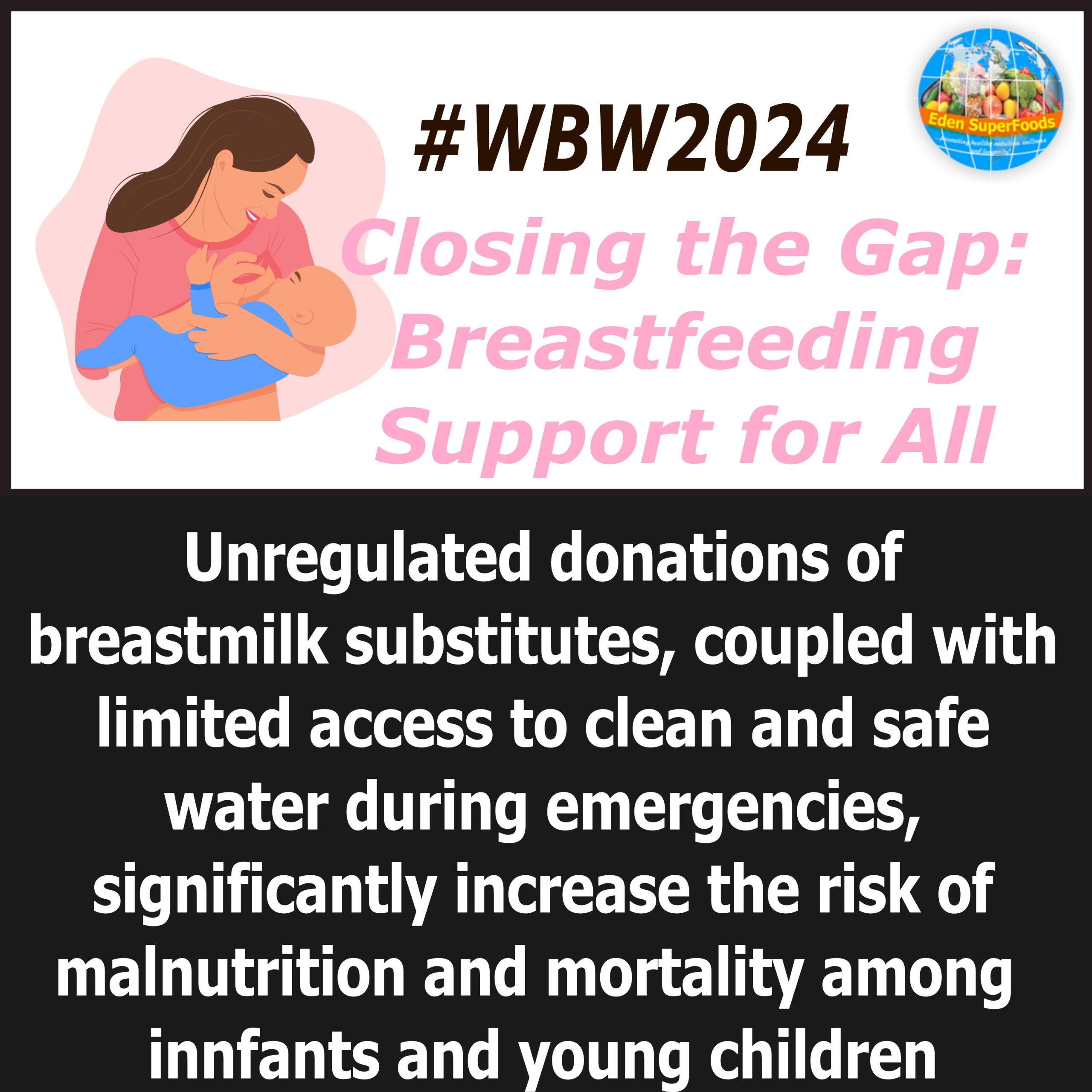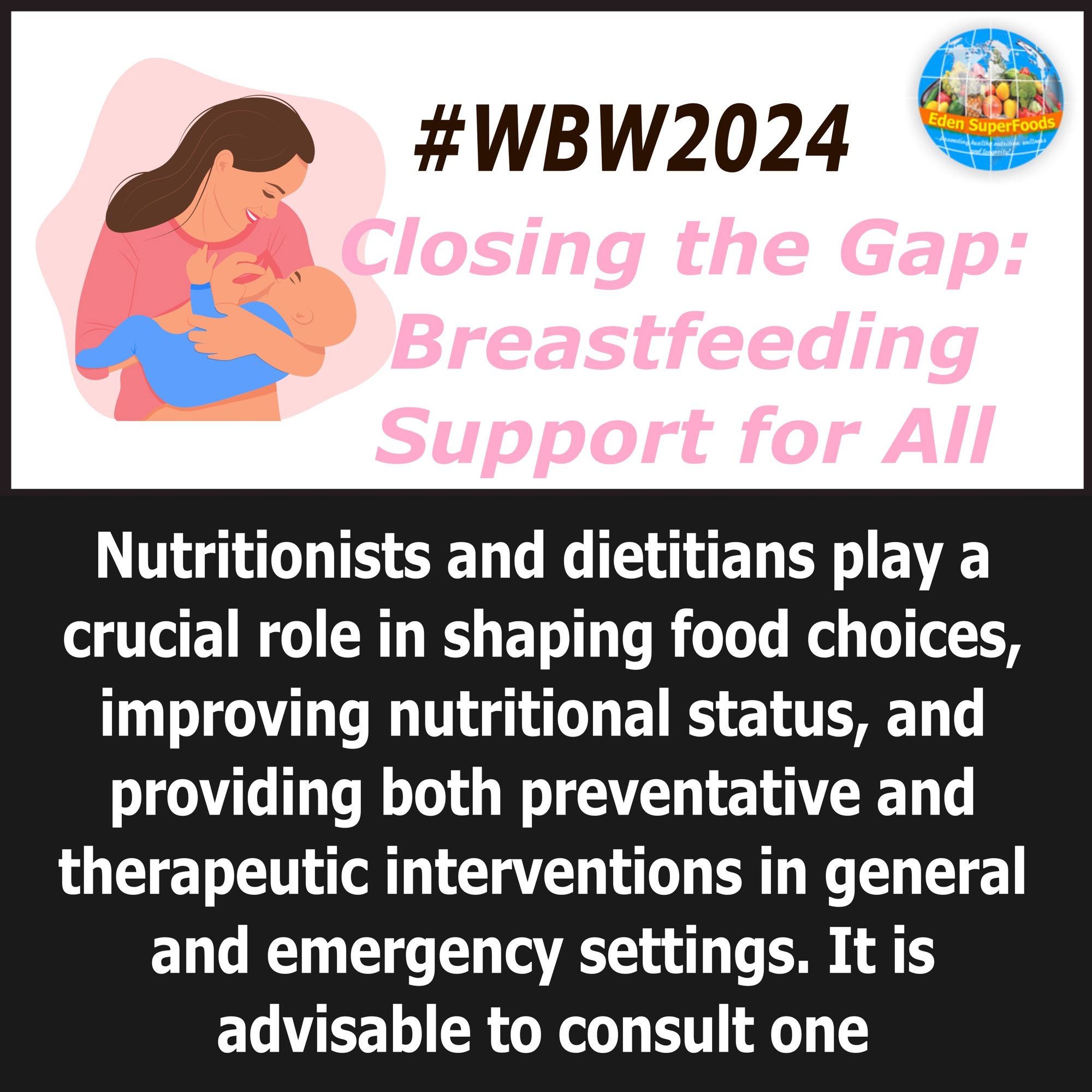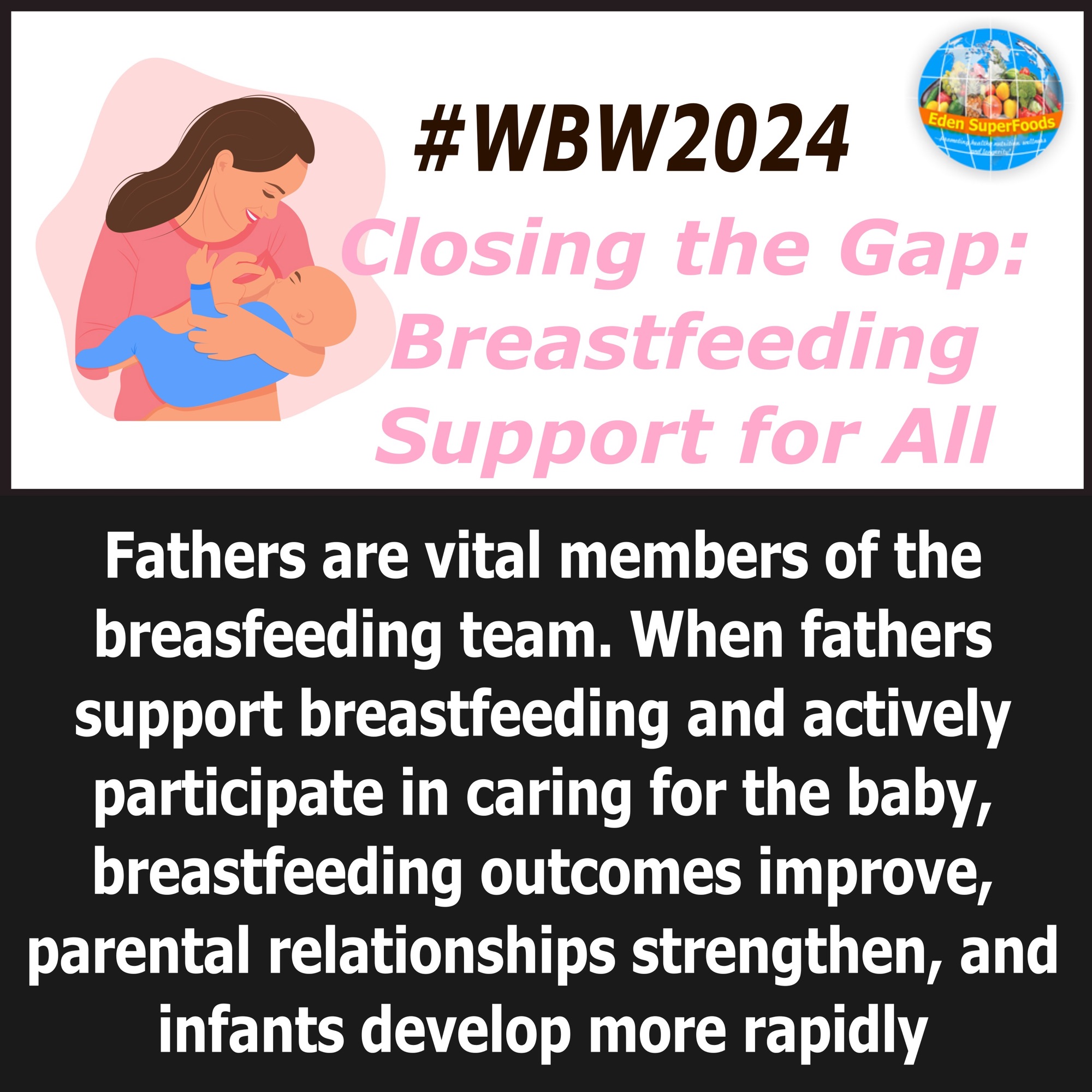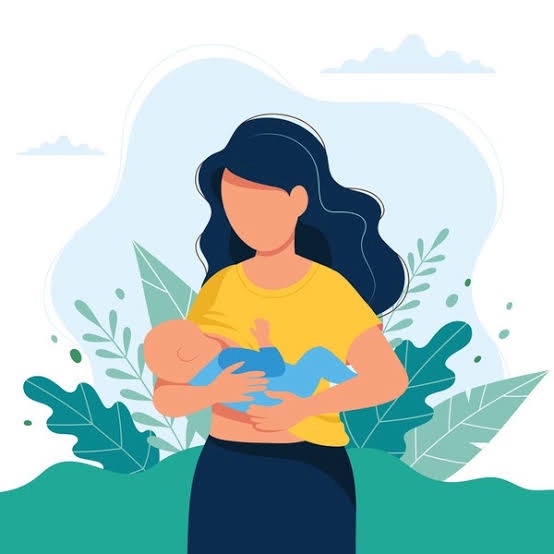Generosity in Times of Crisis
In times of crisis, the generosity of donations can be a beacon of hope for many. However, not all donations are beneficial, especially when it comes to breast milk substitutes. Unregulated donations of these products, combined with limited access to clean and safe water during emergencies, can pose serious risks to infants and young children.
The Perils of Breast Milk Substitutes
Breast milk substitutes, while often life-saving in certain situations, require stringent regulation and safe preparation to ensure they do not harm the vulnerable populations they are meant to help. In emergency situations, where access to clean water is often compromised, preparing these substitutes becomes a perilous task. Contaminated water can lead to severe illnesses, malnutrition, and even mortality among infants and young children.
Evidence of Risk
The risk is not merely theoretical. Numerous studies and reports have highlighted the dangers associated with unregulated donations of breast milk substitutes. Without proper guidelines and oversight, these well-intentioned donations can inadvertently exacerbate the very issues they aim to alleviate.

Mitigating the Risks
To mitigate these risks, it’s crucial that emergency response protocols include strict guidelines for the donation and use of breast milk substitutes. Ensuring that caregivers have access to clean water and proper education on safe preparation methods is equally important. By addressing these factors, we can better protect the health and well-being of the youngest and most vulnerable during emergencies.
The Need for Proper Regulation
In conclusion, while the spirit of giving during crises is commendable, it is imperative to recognize and mitigate the potential dangers associated with unregulated donations of breast milk substitutes. Proper regulation, education, and access to clean water are essential components in safeguarding the health of infants and young children in emergency situations.





